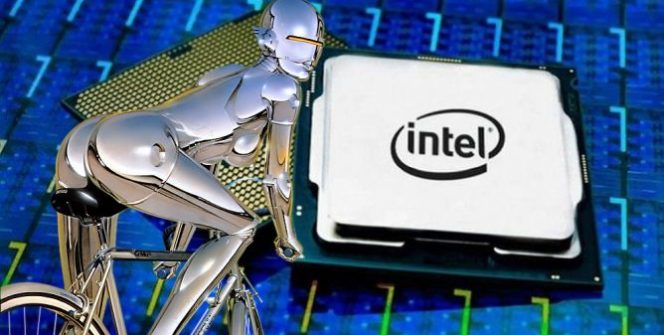TECH NEWS – Intel proposes a processor microarchitecture that leaves two older systems behind.
The company has published a white paper summarizing how it would simplify the CPU architecture. They would remove the old 16-bit and 32-bit support so that the processor would be 64-bit. Intel says this move would give better-optimized processors, improving performance and efficiency. Intel’s processors have elements that can be traced back to the original 8086 in 1978. Since they believe virtualization technologies have advanced quite a bit since then, they think it is enough to emulate the old software and operating systems to support them and not need to hardware-enhance CPUs in this way.
“Intel 64 architecture designs come out of reset in the same state as the original 8086 and require a series of code transitions to enter 64-bit mode. Once running, these modes are not used in modern applications or operating systems,” Intel says. So the company’s processors “jump up” to x64 mode on boot rather than being in it by default. Except that the abandonment of 32-bit support is not accessible, as even Windows 10 had a 32-bit version (for systems with less than 4 GB of RAM), but it was only with Windows 11 that Microsoft moved to abandon 32-bit.
There are also many 16- and 32-bit devices and programs nowadays, so these must be developed or tested to see if emulation is feasible. From a gaming perspective, x86S processors make sense, as they would allow performance and efficiency to play a more significant role thanks to the simplified chip, and Intel could get more area on the circuit for modern features, reducing power consumption (which unfortunately is a landslide behind AMD’s current CPUs!).
The x86S is not going to take off anytime soon. This document is a tutorial intended for software developers and industry people. AMD should work with Intel, as they are responsible for x86-64 and should not be driving the ecosystem home. The point is that we might get better clock speeds and lower power consumption. Maybe.
Source: PCGamer







![[TGA 2025] Star Wars: Galactic Racer Focuses on High-Stakes Podrace Runs [VIDEO]](https://thegeek.games/wp-content/uploads/2025/12/theGeek-Star-Wars-Galactic-Racer-302x180.jpg)








Leave a Reply